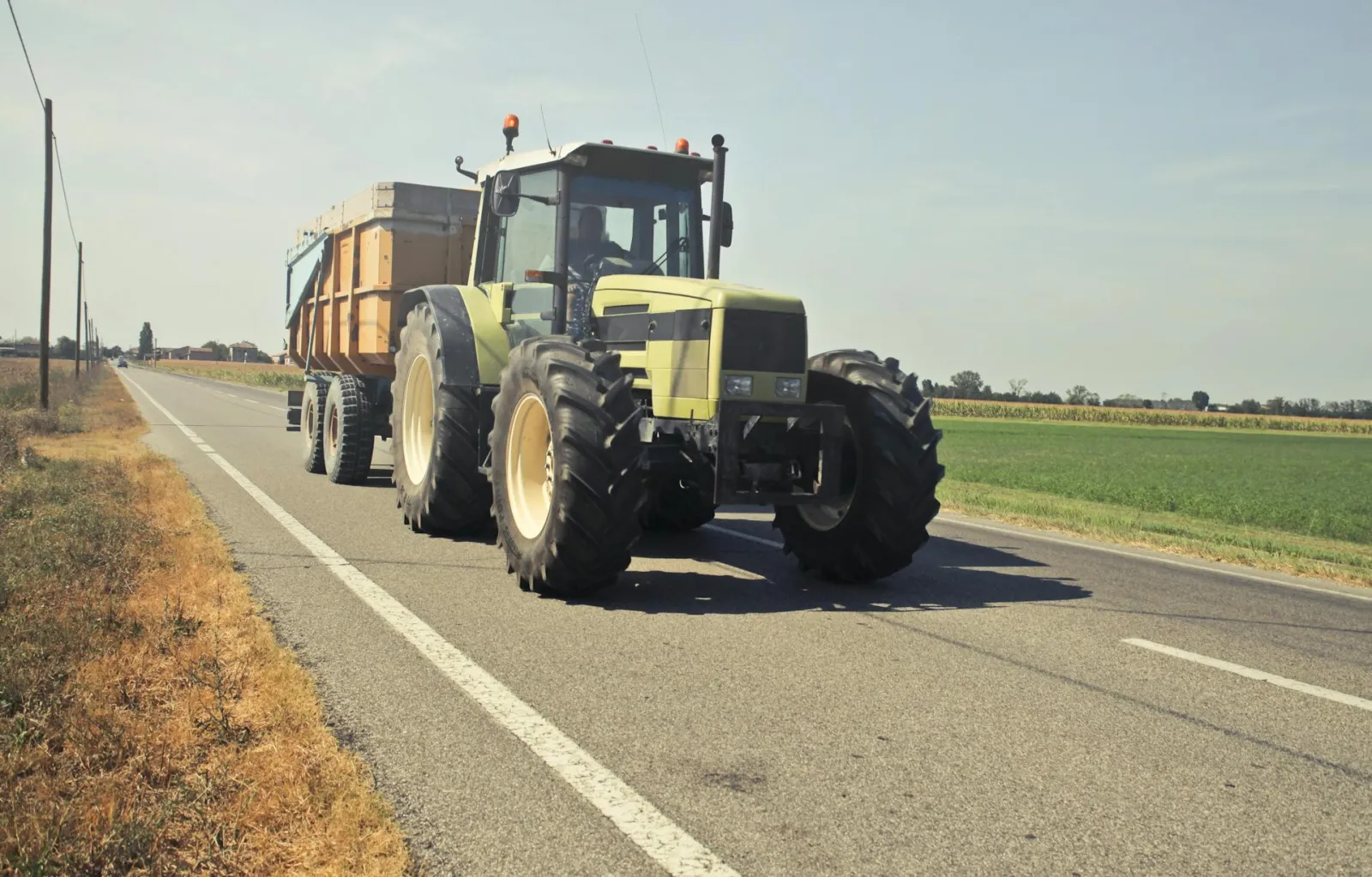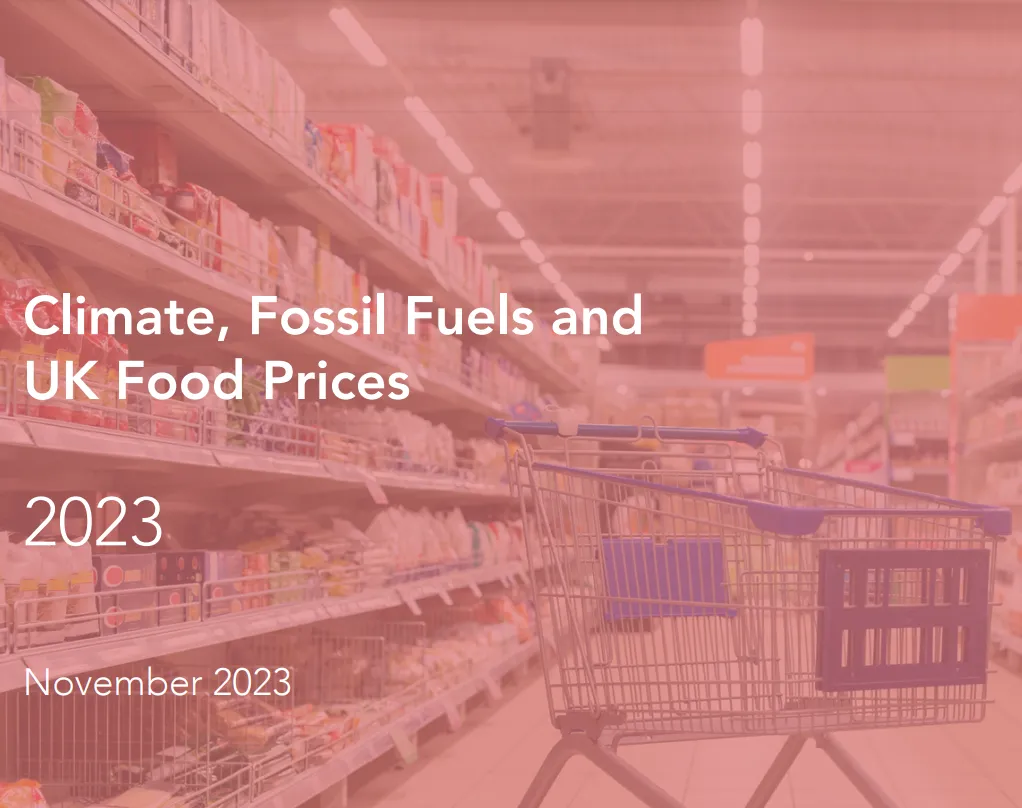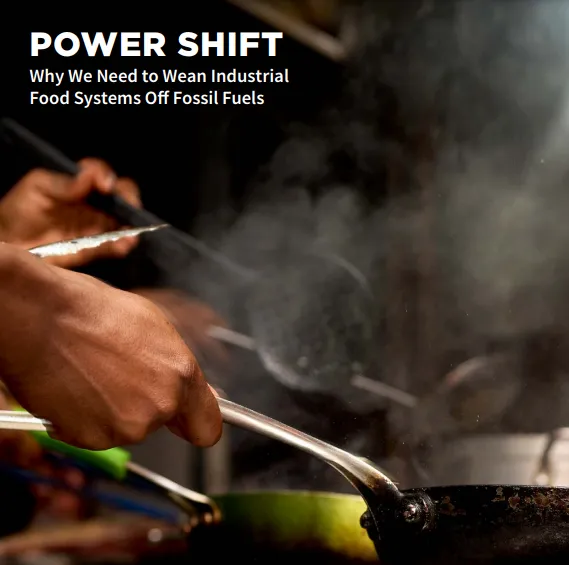This study analyzed 118 life-cycle assessment (LCA) studies on GHG emissions of food production, considering LCA methods, life cycle phase, waste inclusion, and regional factors, including country, continent, and development status. It found only 22% of studies include waste, revealing up to 39% higher emissions in some categories compared to those excluding waste.
Abstract
In the face of the urgent climate crisis, food production is a significant contributor to greenhouse gas emissions (GHG). We analyzed 118 life-cycle assessment (LCA) studies on GHG emissions of food production, considering LCA methods, life cycle phase, waste inclusion, and regional factors, including country, continent, and development status. Additionally, machine learning analysis identifies influential factors of GHG emissions of food production across seven categories: red meats, seafood, white meat, fruits & vegetables, animal products, other plant-based, and others (oils). Based on the gradient boosting algorithm, the LCA method choice ranks among the top determinants for GHG emissions in animal products, red meat, seafood, other plant-based products, and others food categories. Only 22% of studies include waste, revealing up to 39% higher emissions in some categories compared to those excluding waste. Our meta-analysis presents min-max-average GHG emission results for each food category, within countries, different scope settings, waste considerations, and LCA methods.




Comments (0)